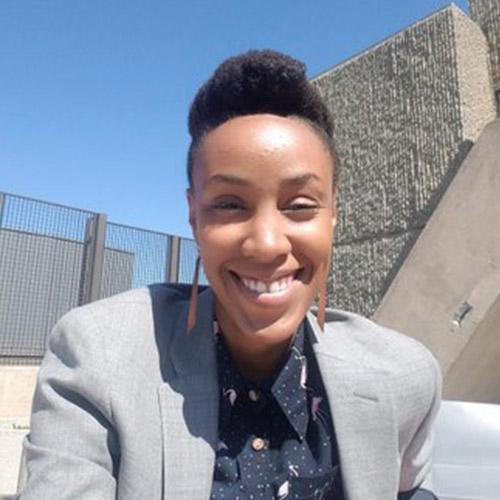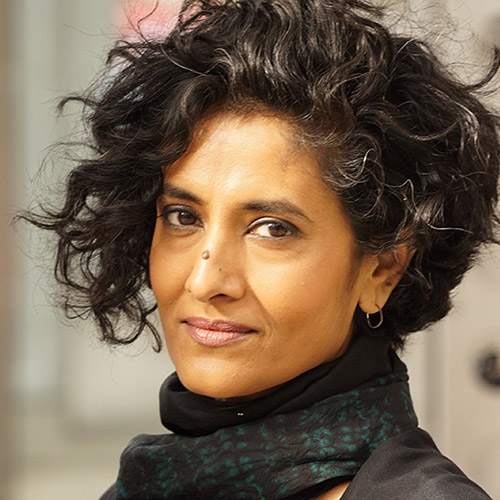The impacts of climate change have begun to promote large-scale human migration to more hospitable areas, and this trend is set to accelerate (IPCC, 2022). Some estimate that hundreds of millions of people will be displaced by the end of the century. While much of this migration will be within countries, some will be between nations, requiring international coordination. As both climate migration and its coverage in the media increase, will climate migrants be accepted by receiving communities? Will existing political conflicts affect support for climate migrants or mitigation efforts?
More than a dozen interdisciplinary scholars and practitioners shared their knowledge and discussed the issues surrounding climate change induced migration at a virtual workshop on October 7, 2022.
Watch Workshop Recording
Agenda
9:00am Welcome + Opening Keynote Address
9:45am Panel Discussion on Climate Change & Migration: Politics, Policy, & Predictions!
10:45am Multi-Disciplinary Academic Presentations: Latest Research on the Human Cost of Climate Change
Note that all agenda items are in eastern daylight time. Event closed captioning provided.
Keynote Address
Eric Schwartz is a Professor of Public Affairs at the University of Minnesota’s Hubert H. Humphrey School of Public Affairs and former president of Refugees International, a non-governmental organization which advocates for lifesaving assistance, human rights, and protection for displaced people. As part of their Climate Displacement Program and other initiatives, Refugees International promotes solutions to displacement crises. Eric has focused his career on humanitarian and human rights issues, previously serving as U.S. Assistant Secretary of State for Population, Refugees, and Migration where he strengthened the State Department’s humanitarian advocacy around the world and instituted key enhancements to the U.S. refugee resettlement program.
Eric Schwartz
Professor, University of Minnesota
Former President of Refugees International
Panel Discussion on Climate Change & Migration: Politics, Policy, & Predictions!
Canadian Music Hall of Fame Lifetime Achievement Award recipient, Don Shafer will lead a practitioner panel of climate change and migration experts, dissecting the challenges of the climate crisis and climate refugees. Discussion will center on how to encourage greater recognition and understanding of the complexity of climate related migration among policy makers, the media, and the public.
Ama Francis
Climate Displacement Project Strategist, Int’l Refugee Assistance Project / Fellow, Columbia’s Sabin Center for Climate Change Law
Multi-Disciplinary Academic Presentations: Latest Research on the Human Cost of Climate Change
Amanda Carrico
Associate Professor of Environmental Studies, University of Colorado Boulder
Solomon Hsiang
Chancellor's Professor of Public Policy, University of California, Berkeley
Robert McLeman
Professor of Geography and Environmental Studies, Wilfrid Laurier University
Sukanya Roy
Doctoral Student at the Ross School of Business, University of Michigan
Meet the Organizers
Julia Lee Cunningham
Associate Professor of Management and Organizations, University of Michigan
Ash Gillis
Postdoctoral Research Fellow at the Owen Graduate School of Management, Vanderbilt University
Sukanya Roy
Doctoral Student at the Ross School of Business, University of Michigan
This workshop was part of a broader project on The Promise and Risks of Framing Climate Change as a Migration Issue, led by the workshop organizers and administered by the University of Michigan Graham Sustainability Institute's Carbon Neutrality Acceleration Program.
















